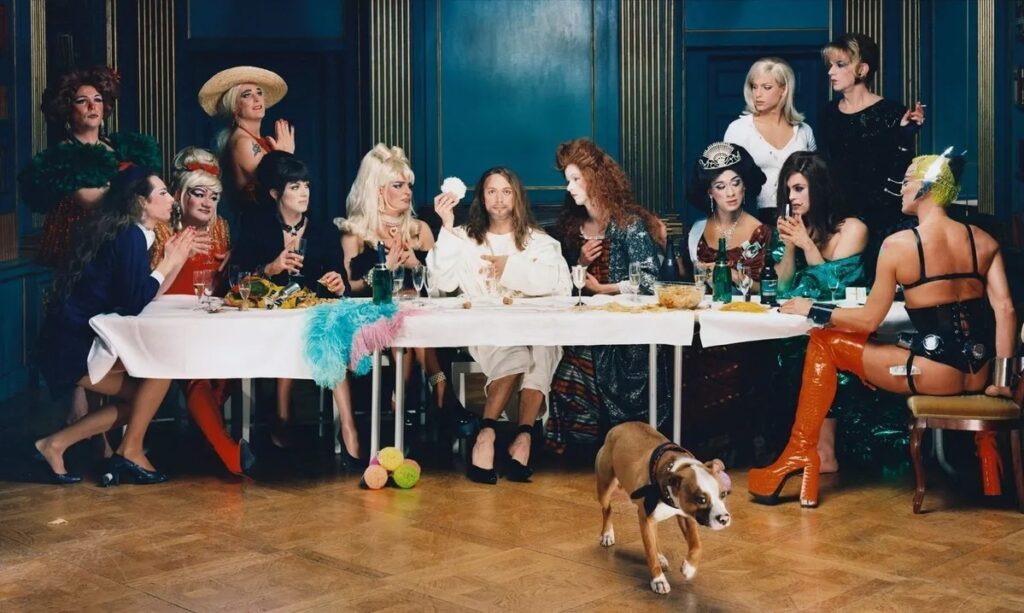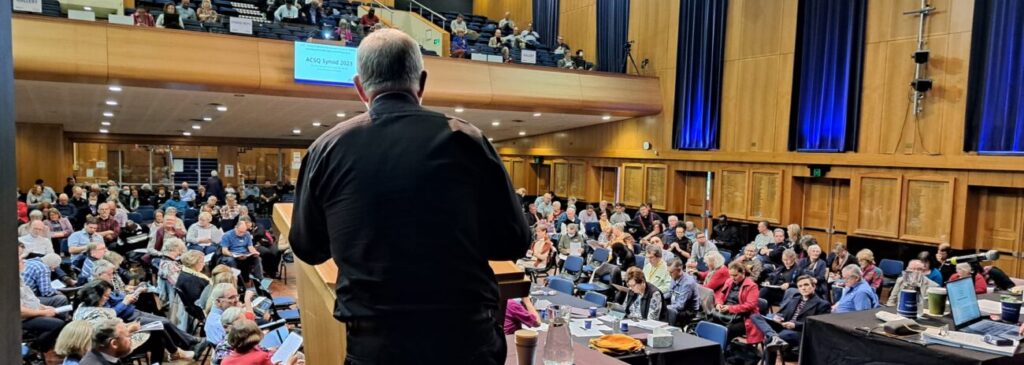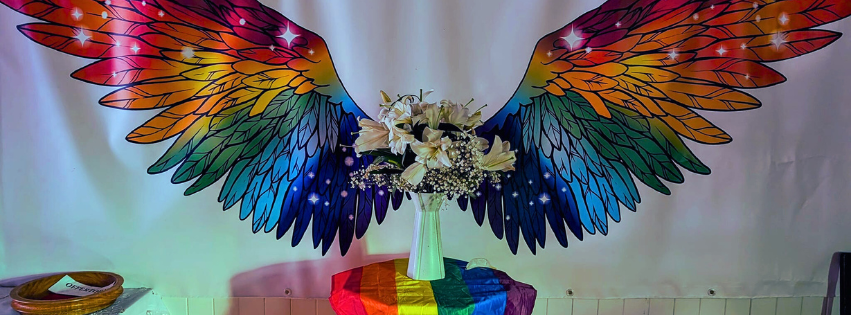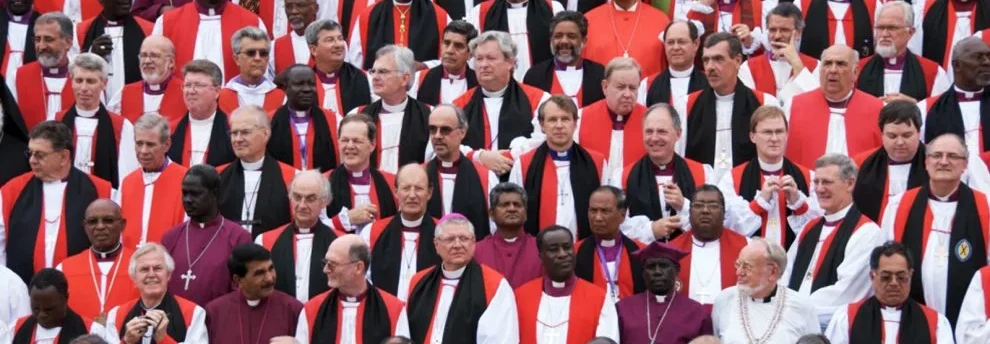Neither Last Supper or Olympics are Politically Neutral
Having drag performers centre stage at the Olympics, on one of the biggest stages in world theatre, is not a politically neutral act. Being able to have that act understood as referring to Jesus and the twelve apostles is not a politically neutral act. Doing this in France, with the ascendancy of the Far Right and its alliance with conservative Christianity, is not a politically neutral act. It is about taking sides. The side of broadening the boundaries of inclusion.











